Best Superfoods For Losing Weight
Superfoods are known as nutritional powerhouses that contain more nutrients than most foods. Although there are no set criteria for what makes a certain food a superfood, they tend to contain quite a lot of vitamins, minerals, and phytonutrients, both in variety as well as quantity. Superfoods have long been shown to reduce an individual’s overall risk of chronic disease, build bone strength, boost the immune system, improve skin conditions, naturally detox the body, and improve cholesterol levels. Recently, superfoods have also been linked to increased (and sustained) weight loss.
Black Beans
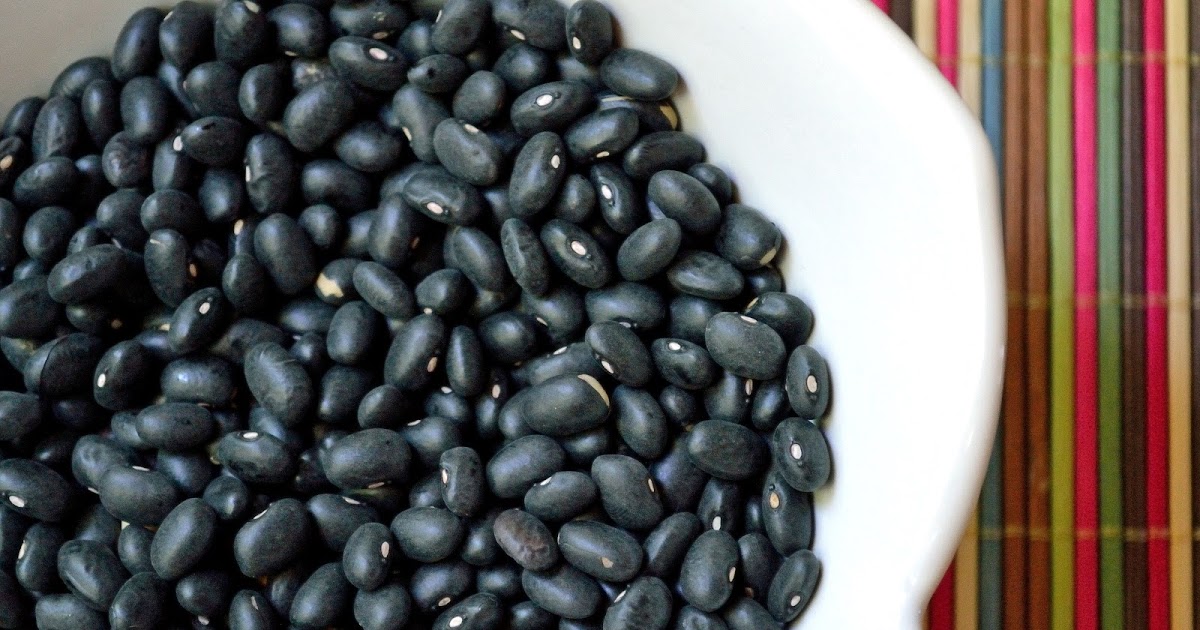
Black beans are full of fiber to help keep individuals who consume them feel fuller longer. In addition, one cup of black beans contains fifteen grams of fat-free protein, which is needed to help individuals build lean muscle. The insoluble fiber found in black beans may help keep the digestive system healthy and functioning properly, which is essential for weight loss. Like other legumes such as peanuts, peas, and lentils, black beans are prized for their high protein and fiber content. They also contain several other key vitamins and minerals known to provide health benefits.
Oatmeal
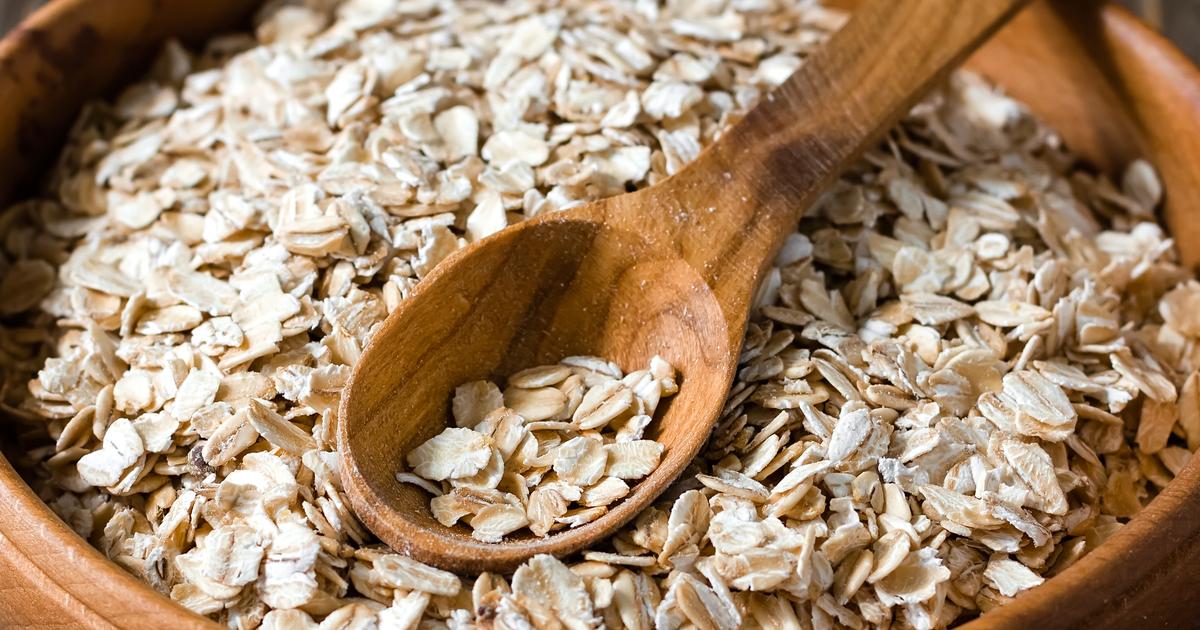
Quite a few studies have shown individuals who eat breakfast every day tend to weigh less on average than those who don’t. Eating breakfast boosts metabolism and helps prevent late-night hunger or binge eating. Oatmeal is a particularly great way to start the day, especially when weight loss is the goal. One-half cup contains 4.6 grams of resistant starch, a fibrous carbohydrate that is needed to burn fat and boost energy. One-half cup of oatmeal also contains 150 calories. When paired with hot water, it makes for a filling yet low-calorie meal that is enough to tide individuals over until lunch or a small and healthy mid-morning snack.
Avocados
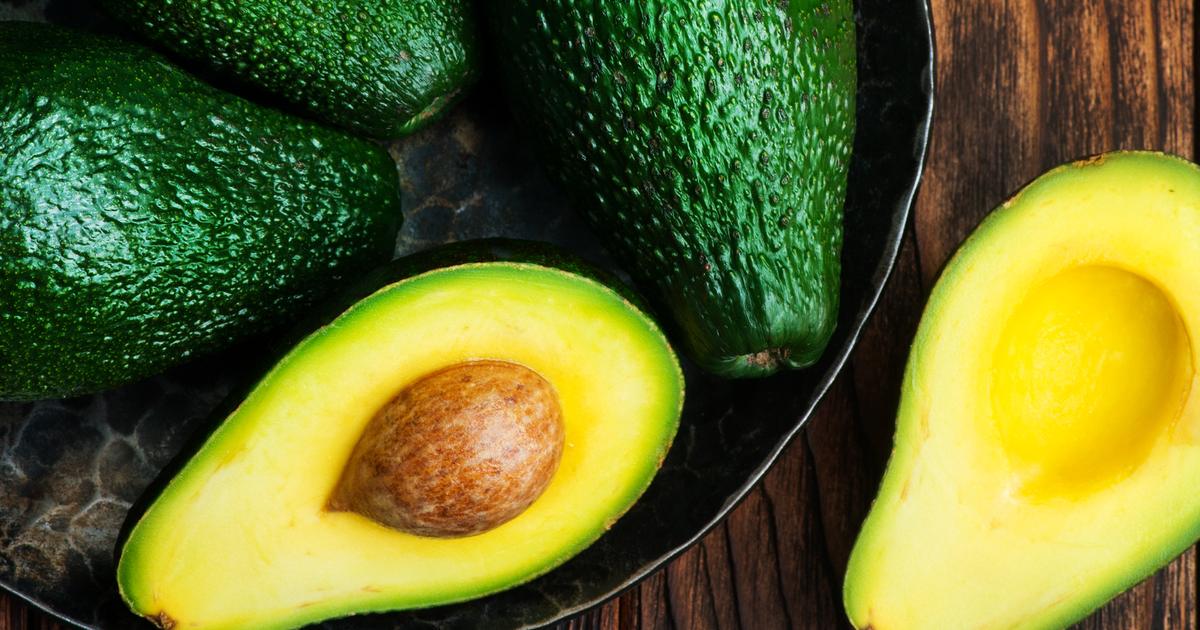
Although it might come as a surprise to some individuals, some fats can help individuals lose weight. Avocados are high in monounsaturated fats, or 'good' fats, which help suppress appetite. Avocados are particularly known for their ability to shrink belly fat. They contain omega-9 fatty acids, which have been associated with reducing low-density lipoprotein (LDL) cholesterol, what we know as the unhealthy or 'bad' cholesterol, and increases high-density lipoprotein (HDL) cholesterol, the good kind. The omega-9 fatty acids found in avocados also help absorb fat-soluble vitamins, such as vitamins A, D, E, and K, which can help with energy metabolism. Avocados are versatile and make a great substitution for foods high in refined sugar and fat, such as mayonnaise and other dressings or dips. Use them on sandwiches or in salads in place of dressing. They also go great in smoothies as a thickening agent, especially when bananas are unavailable or not enjoyed.
Blueberries
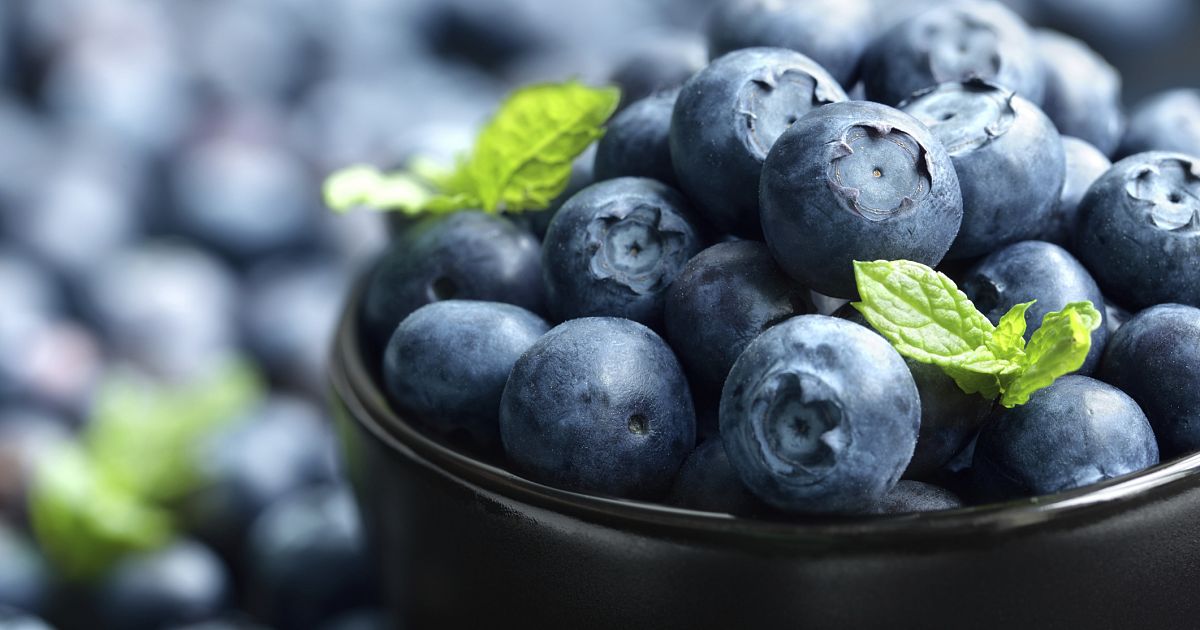
Although they are best known for their anti-aging properties, blueberries can also aid in weight loss. They contain only eighty calories per cup, which makes them the perfect low-calorie snack. Blueberries are high in antioxidants and vitamin C that bind to free-radical toxins and move them out of the body, which is an important step in the weight loss process. One cup of blueberries provides approximately four grams of fiber to help keep individuals full until their next healthy meal. Individuals can start their day off with a bowl of oatmeal and top it with blueberries, or add blueberries to a healthy smoothie. Blueberries are also great to snack on throughout the day.
Broccoli
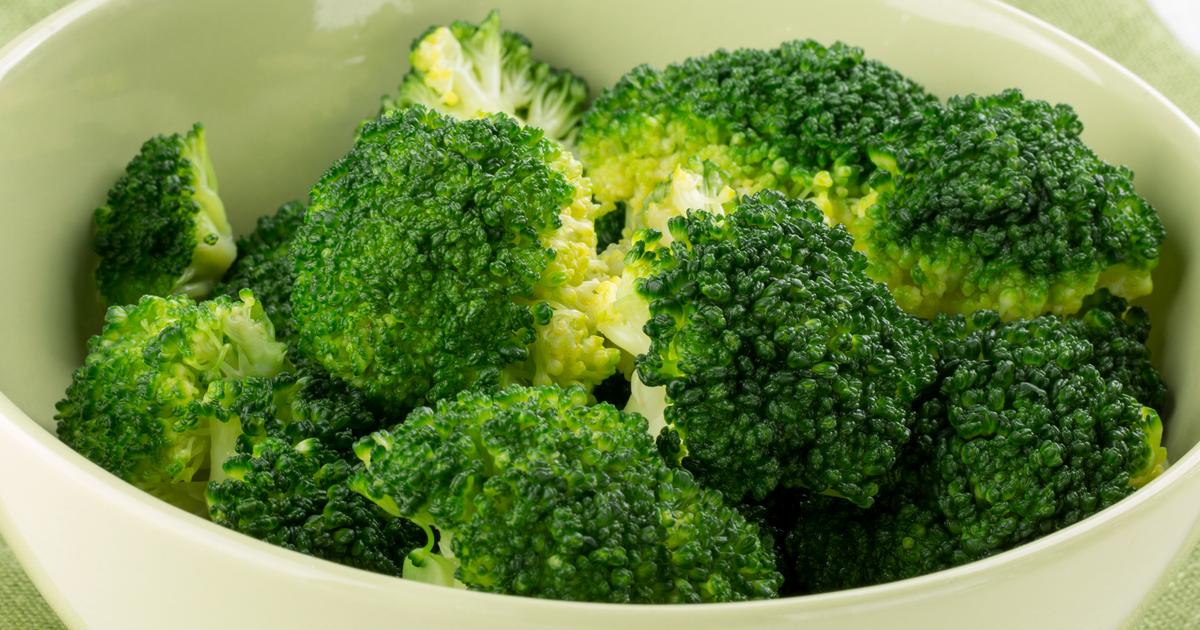
Individuals looking to lose some excess weight will certainly want to include broccoli in their weight loss program because it is full of phytonutrients that break down fat, boost metabolism, and improve overall health. If individuals are watching their calories, they should be sure to eat their broccoli raw as one cup of raw broccoli contains only thirty calories. One cup of cooked broccoli contains fifty-four calories. Raw broccoli contains more than one hundred percent of the daily vitamin C and K needs. It’s also a good source of folate, vitamins A and B6, and potassium. Unfortunately, many of the nutrients in broccoli are lost when they are cooked. Surprisingly, broccoli and other cruciferous vegetables contain a decent amount of protein. They go great in salads or served with a dip.
Grapefruit
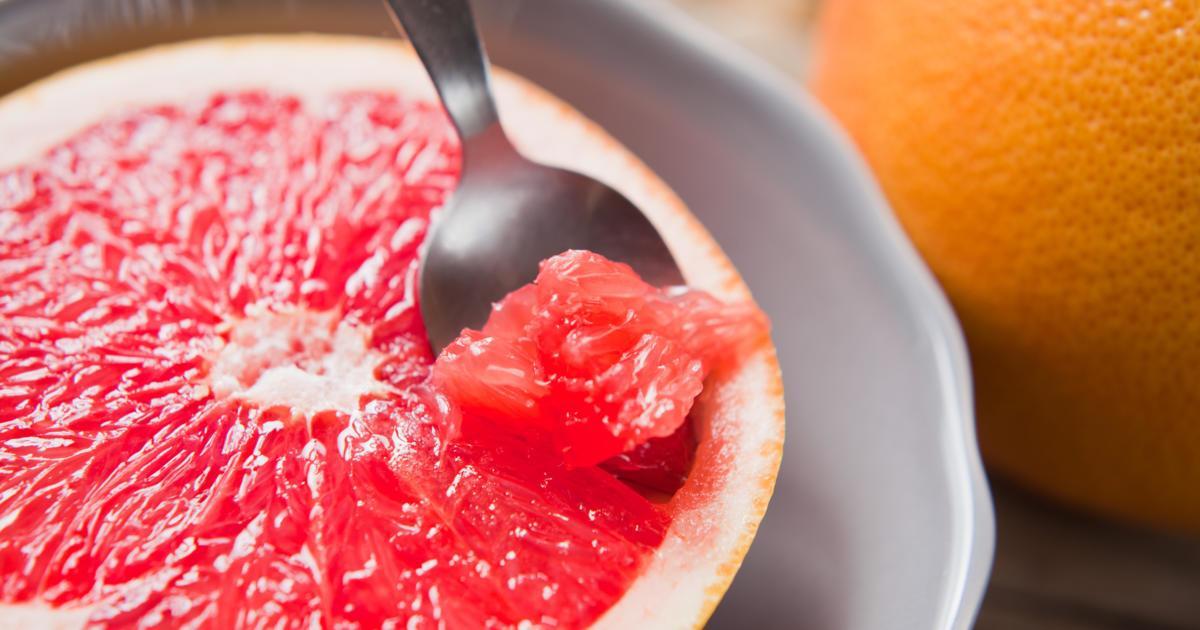
Grapefruit has long been known for its weight loss benefits. Eating half a grapefruit before each meal may help individuals lose up to one pound per week. This is because grapefruit is at least ninety percent water, which helps fill individuals up faster with very little calories. Water is also important in weight loss as it moves toxins through the body, keeps individuals hydrated, and boosts energy. Grapefruit is a good source of protein to help support lean muscle. Grapefruit also promotes clear, healthy skin, and can help lower the risk for many diseases and conditions as part of an overall healthy and balanced diet.
Almonds
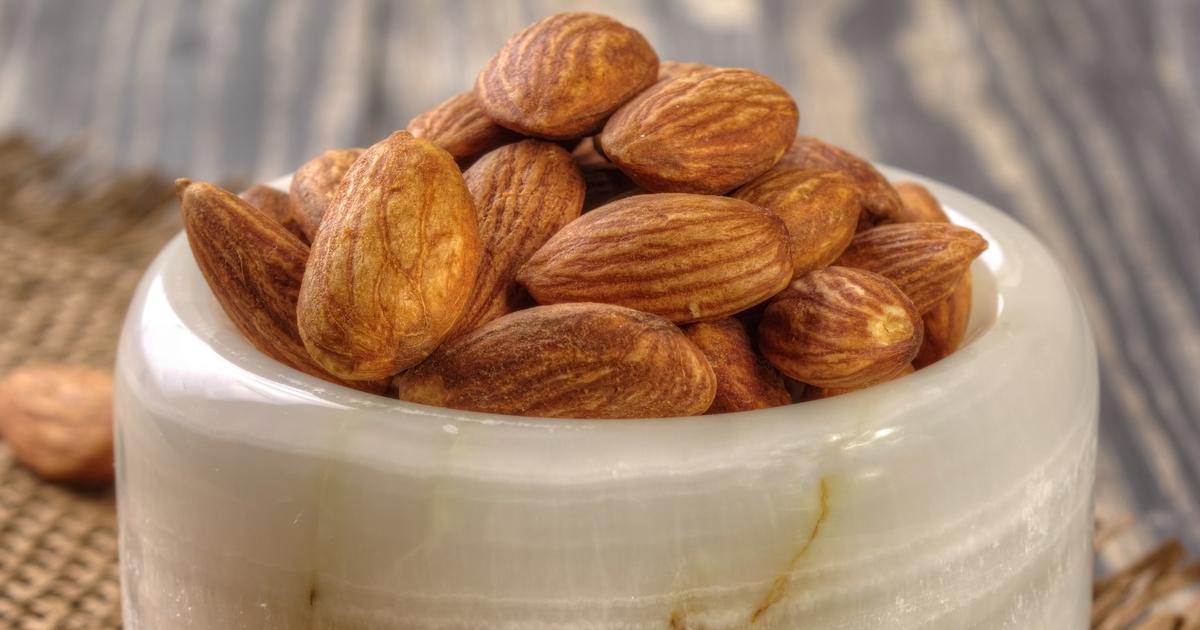
Research shows the fat contained in almonds may block fat because it cannot be completely broken down. In addition, the cell walls of almonds may act as a physical barrier to fat. The pleasantly flavored and versatile almond is available throughout the year to make a healthy and tasty addition to both sweet and savory dishes. Foods high in healthy fats provide a high level of satiety, which makes individuals feel full for longer periods, a result of which lowers the risk of mindless snacking. Individuals can add slivered almonds to their salad for a crunchy treat. They also go great in oatmeal, on top of vegetable dishes such as green beans, or in a smoothie (in the form of almond butter).
Brown Rice
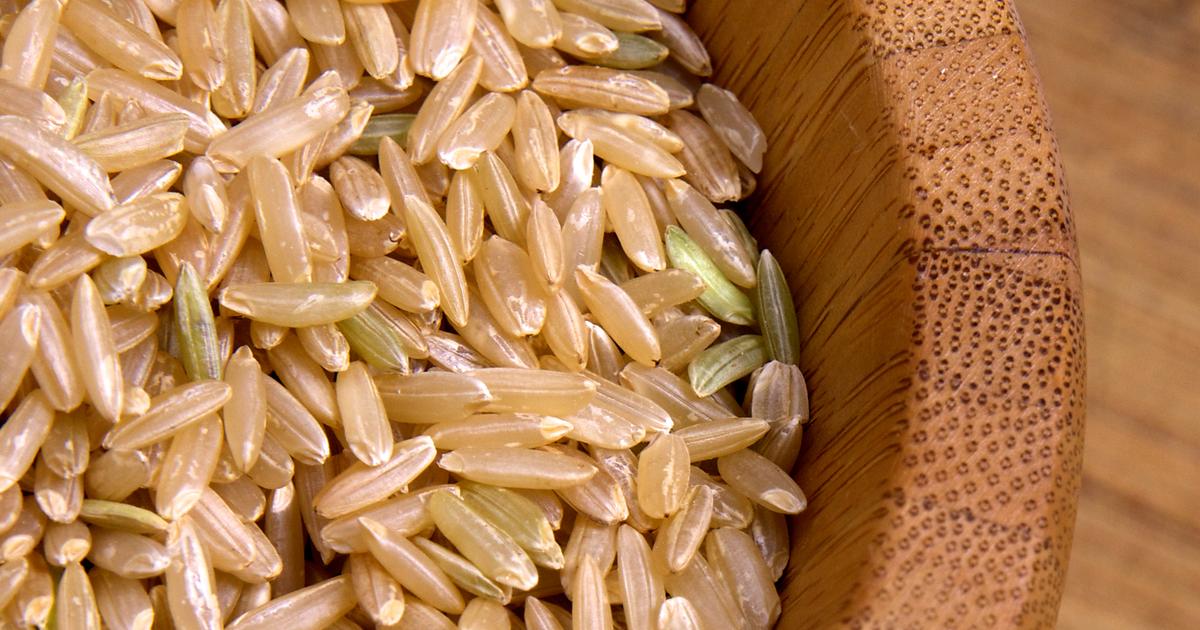
Brown rice, as many may already know, is healthier than white rice. Research shows over ten years, women who ate whole grains weighed less than those who did not. Brown rice provides 1.7 grams of resistant starch per serving for a boost in metabolism and fat burning effect. Brown rice is also fairly high in fiber. It’s a low energy food, or a food that is low in calories yet still makes individuals feel full. One cup of brown rice provides 3.5 grams of fiber, which is more than ten percent of the daily recommended value. Brown rice goes great with just about any vegetable stir-fry or meat dish.
Potatoes
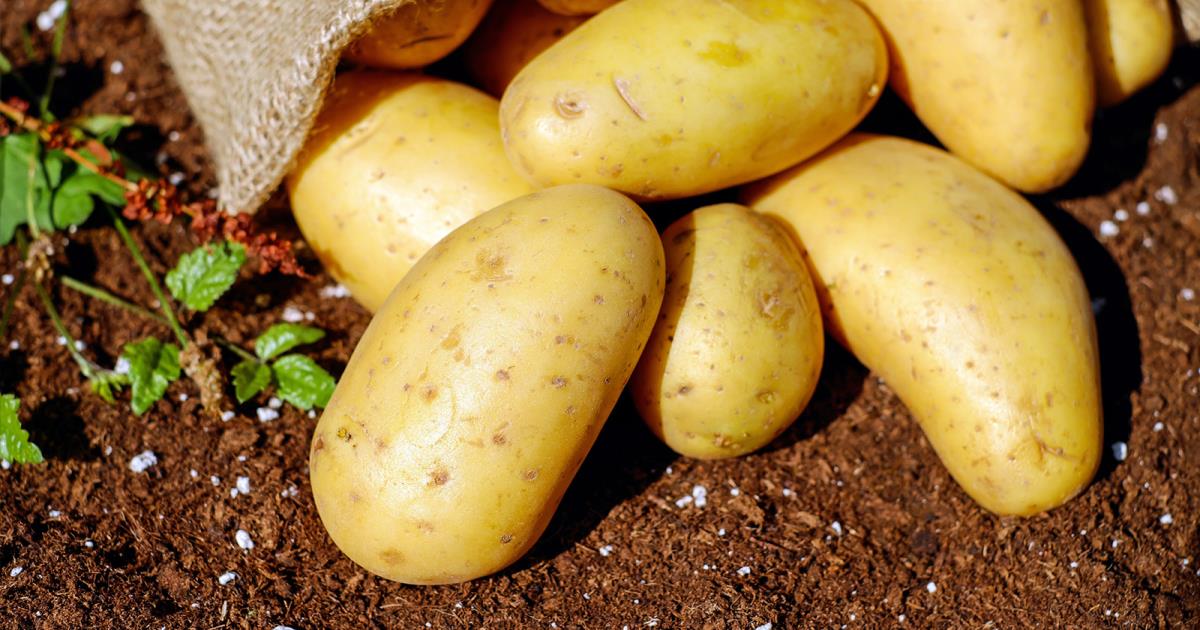
While they get a bad rap for being high in carbohydrates, potatoes are an anti-inflammatory food, which is one of the underlying causes of sustained weight loss. Boiled potatoes are especially good for weight loss. They make great side dishes for lean sources of protein, such as chicken or salmon. It is, however, crucial to consider how they are cooked. As mentioned, boiled potatoes are a good choice, but any fried potatoes (especially french fries) should be avoided. Other methods of cooking potatoes for helathy wieght oss include baking or roasting them. A nice filling lunch would be a baked potato topped with steamed broccoli and a little bit of low fat cheese. Potatoes are also quite filling, which can help reduce the potential for overeating.
Chickpeas
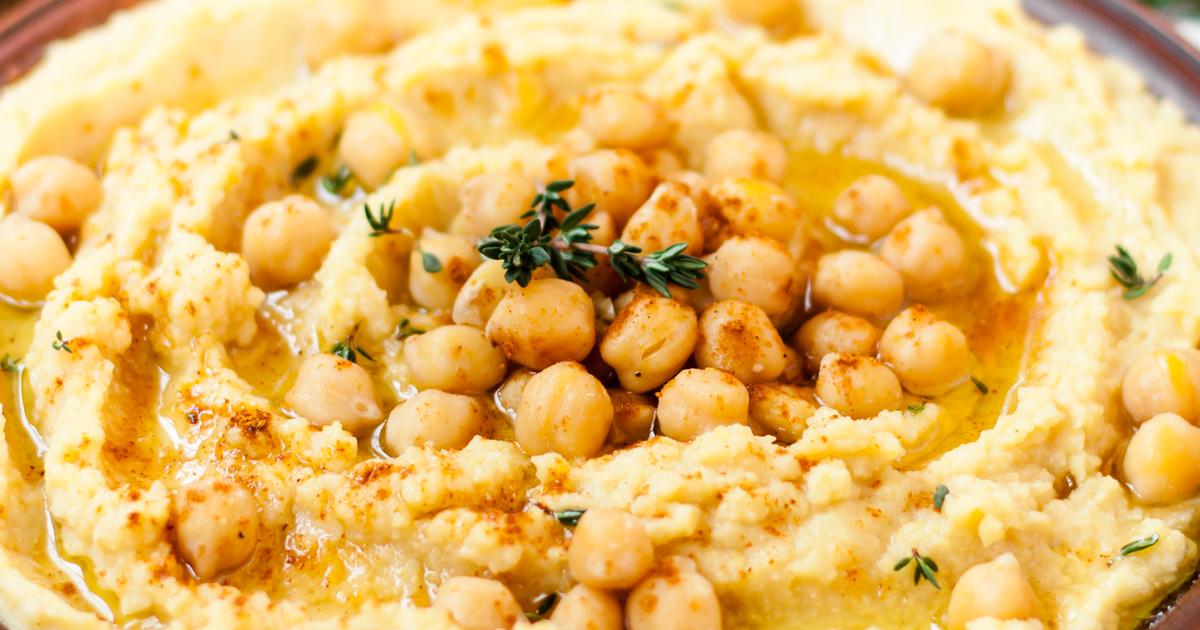
Chickpeas are a kind of legume that is high in protein, fiber, and resistant starch. They provide several essential vitamins and minerals, including seventy-one percent of the daily recommended intake of folate. One cup of chickpeas also contains more than twenty percent of the daily recommended intake of iron, copper, magnesium, and phosphorus, as well as eighty-four percent of manganese. Chickpeas are naturally sugar-free and can help reduce blood sugar. Eating foods high in vitamins and minerals may help boost energy levels that may encourage an active lifestyle, which can help with weight loss. Individuals should try dipping some raw broccoli into hummus (made from chickpeas) for a superfood double whammy.